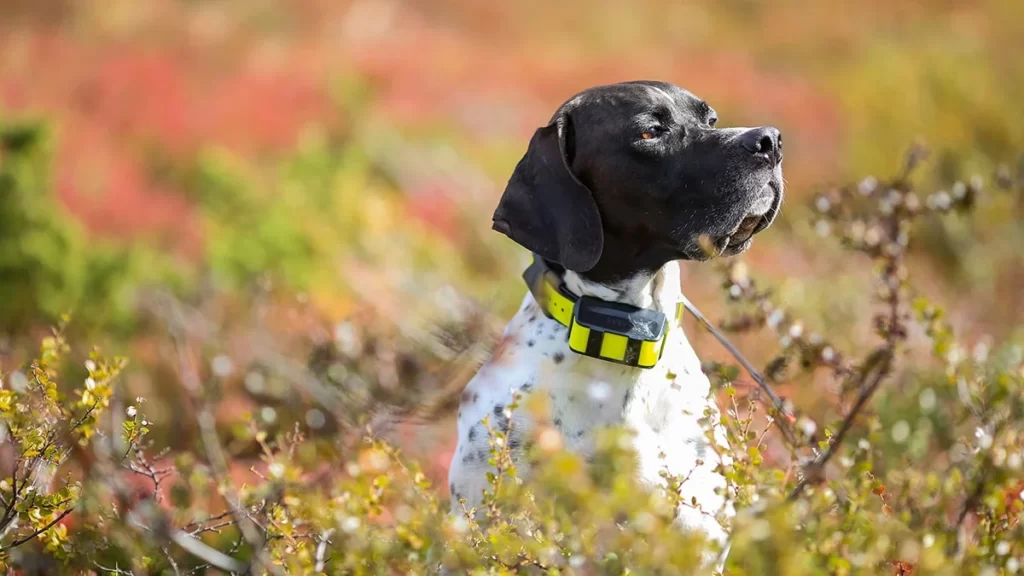Are you searching for How to Get a Dog Unstoned? If so then you are at the right place!
Have you ever found yourself in a situation where your beloved furry friend accidentally consumed a substance that left them feeling disoriented or stoned?
Just like humans, dogs can experience the effects of intoxication, which can be distressing for both you and your pet.
In this article, we will explore the steps you can take to help your dog regain sobriety and ensure their well-being. So, let’s dive in and learn how to get a dog unstoned.
Table of Contents
Recognizing the signs
The first step in getting your dog unstoned is to identify the signs of intoxication. Keep a close eye on your pet for any behavioral changes.
Some common indications include lethargy, disorientation, glassy eyes, dilated pupils, and unsteady movement. If you notice any of these symptoms, it’s essential to act promptly.
Ensuring safety
Creating a calm and safe environment is crucial when dealing with an intoxicated dog. Remove any potential hazards that could cause harm to your pet. Keep them away from sharp objects, stairs, or other dangerous areas.
Additionally, provide a quiet space where they can relax and feel secure during their recovery.
Hydration and nutrition
Proper hydration and nutrition play a vital role in aiding your dog’s recovery. Offer fresh water to keep them hydrated, as intoxication can cause dehydration.
Ensure they have access to a balanced diet, as this will help restore their energy levels. However, avoid overfeeding or force-feeding your dog, as they may have a decreased appetite while intoxicated.
Physical activity
Engaging your dog in physical activity can help accelerate the recovery process. Take them for short walks or play their favorite games, but be mindful of their energy levels and limitations. Exercise can help stimulate their metabolism and clear the substances from their system.
Natural remedies
Some home remedies can assist in alleviating the effects of intoxication in dogs. For example, providing them with a comfortable and warm environment can help soothe their nerves.
Additionally, herbal teas like chamomile or ginger, when administered in moderation, can have calming effects on dogs.
Consulting a veterinarian
If you are unsure about how to handle your dog’s intoxication or if their symptoms persist or worsen, it is vital to seek professional advice.
A veterinarian will have the expertise to evaluate your dog’s condition and recommend the appropriate course of action. They may also be able to provide medications or treatments to aid in their recovery.
Time and patience
Time is a crucial factor when it comes to getting a dog unstoned. The effects of intoxication will gradually wear off as the substances metabolize and leave their system.
It is essential to give your dog the time they need to recover naturally. Be patient and provide them with the support and care they require during this process.
Conclusion
Helping your dog regain sobriety after accidental intoxication requires attentiveness, care, and patience. By recognizing the signs, ensuring their safety, providing hydration and nutrition, engaging in physical activity, using natural remedies, consulting a veterinarian when necessary, and allowing time for recovery, you can assist your dog in returning to their normal state of well-being. Remember, prevention is key, so always be cautious about substances that could be harmful to your furry companion.
FAQs of How to Get a Dog Unstoned
Can dogs get high from secondhand smoke?
Yes, dogs can be affected by secondhand smoke, and exposure to certain substances can lead to intoxication or other health issues. It’s best to keep your dog in a smoke-free environment.
Is it dangerous if my dog ingests marijuana?
Yes, marijuana can be toxic to dogs, and ingestion can result in intoxication, which may require medical attention. It’s crucial to keep substances like marijuana out of your pet’s reach.
How long does it take for a dog to recover from being stoned?
The recovery time can vary depending on various factors, including the type and amount of substance consumed. Generally, it may take several hours to a day or more for a dog to fully recover.
Are there any long-term effects on dogs who consume drugs?
Long-term effects can vary based on the substance and the dog’s individual response. In some cases, repeated drug exposure can lead to organ damage or other health complications. Prompt intervention is essential to minimize potential long-term effects.
Can CBD oil be used to help a dog recover from being stoned?
While CBD oil may have potential therapeutic benefits for certain conditions in dogs, its specific use for helping dogs recover from intoxication requires professional guidance. Consult with a veterinarian before administering any substances to your dog.
Remember, if your dog shows signs of intoxication or any concerning symptoms, always consult a veterinarian for proper diagnosis and guidance.




